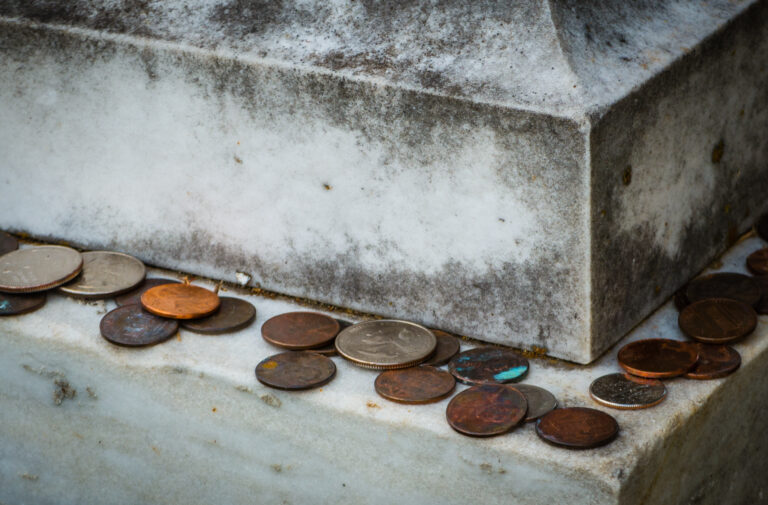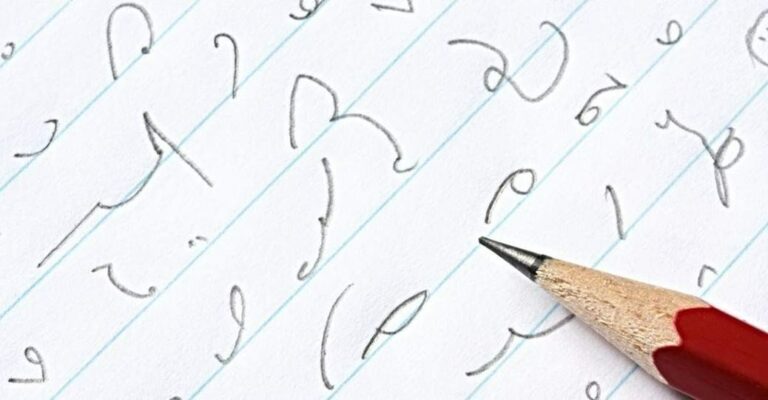Have you ever come across a coin resting on a gravestone and wondered what it meant?
People honor the memories of loved ones in countless ways, and one lesser-known tradition—especially common in the United States—involves placing coins on gravestones. Although it may seem curious at first, this custom holds a special significance, particularly among veterans and military families.
The origin of this practice is rooted in military history, with a strong connection to the Vietnam War era. According to the American Legion, leaving a coin on a gravestone served as a quiet way to acknowledge a fallen soldier’s life without contacting the family directly, avoiding potential conflict over divisive war sentiments. A simple coin thus became a silent message of respect and remembrance.

Different coins left on gravestones convey different meanings. A penny shows that someone visited to pay respects. A nickel indicates the visitor attended boot camp with the deceased, while a dime signifies they served together. A quarter holds the most profound meaning, revealing that the visitor was there at the time of the fallen soldier’s death.
For many veterans, leaving a coin is like “buying a drink” for a lost friend, a symbolic gesture that honors their shared bond.
The next time you see a coin on a grave, remember it’s more than a token—it’s a deeply meaningful sign of respect and remembrance.






